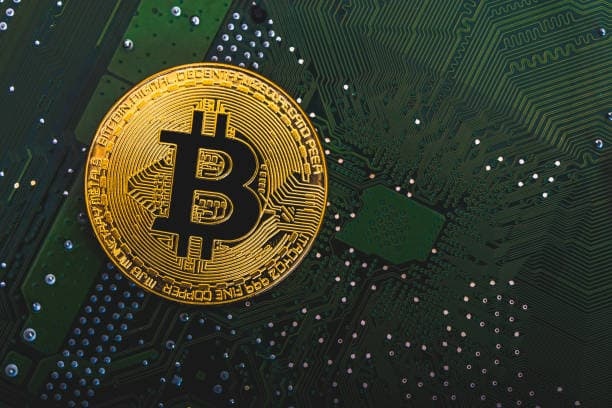Imagine a world where money is not just a physical entity, but a digital asset that transcends borders and traditional banking systems. This is the world of bitcoin, a cryptocurrency that has captured the imagination of many. But how does Bitcoin differ from traditional currency? Let’s dive into the nuances of this digital revolution and explore the contrasts with the currencies we’ve known for centuries.
The Nature of Bitcoin
Bitcoin, a term that has become synonymous with digital currency, is a decentralized digital currency that operates on a peer-to-peer network. Unlike traditional currencies, Bitcoin is not issued by any central authority or government. Instead, it relies on a technology called blockchain, which is a distributed ledger that records all transactions across a network of computers. This means that Bitcoin is not subject to the same regulatory controls as traditional currencies, making it a unique form of money.
The Birth of Bitcoin
The inception of Bitcoin can be traced back to 2009 when an anonymous person or group, known by the pseudonym Satoshi Nakamoto, introduced this groundbreaking concept. Bitcoin was designed to be a response to the financial crisis, offering an alternative to the traditional banking system. It aimed to provide a currency that was not controlled by any single entity, thus reducing the risk of inflation and manipulation.
Bitcoin’s Volatility
One of the most talked-about aspects of Bitcoin is its volatility. Unlike traditional currencies, which are relatively stable, Bitcoin’s value can fluctuate dramatically within short periods. This is due to various factors, including market demand, investor sentiment, and regulatory news. While this volatility can be seen as a risk, it also presents opportunities for those who are willing to navigate the unpredictable nature of the cryptocurrency market.
Transaction Speed and Cost
When it comes to transactions, Bitcoin offers a different experience compared to traditional currencies. While traditional transactions often involve banks and can take days to process, Bitcoin transactions are typically faster and can be completed within minutes. Additionally, the cost of Bitcoin transactions is generally lower than those involving traditional currencies, especially for international transfers. This is because Bitcoin bypasses the need for intermediaries, reducing both time and cost.
Anonymity and Security
Bitcoin transactions are pseudonymous, meaning that while the transactions are recorded on a public ledger, the identities of the parties involved are not directly linked to the transactions. This offers a level of privacy that traditional currencies cannot provide. However, this anonymity also brings challenges in terms of security. While the blockchain technology is secure, the digital wallets used to store Bitcoin are vulnerable to hacking if not properly secured.
Regulation and Acceptance
The acceptance and regulation of Bitcoin vary greatly around the world. While some countries have embraced Bitcoin and cryptocurrencies, others have banned or restricted their use. This lack of uniform regulation can create uncertainty for users and businesses. Traditional currencies, on the other hand, are universally recognized and regulated, providing a level of stability and trust that is often lacking in the world of Bitcoin.
Bitcoin’s Environmental Impact
An often-overlooked aspect of Bitcoin is its environmental impact. The process of mining Bitcoin, which involves solving complex mathematical problems to validate transactions and add them to the blockchain, requires a significant amount of energy. This has led to concerns about the carbon footprint of Bitcoin and its sustainability in the long term. Traditional currencies, while they also have environmental impacts, do not face the same level of scrutiny regarding energy consumption.
The Future of Bitcoin and Traditional Currencies
As we look to the future, the relationship between Bitcoin and traditional currencies is likely to evolve. Some predict that Bitcoin and other cryptocurrencies will become more mainstream, while others argue that traditional currencies will maintain their dominance. Regardless of the outcome, it is clear that Bitcoin has introduced a new dimension to the concept of money and has sparked a global conversation about the future of currency.
In conclusion, Bitcoin and traditional currencies exist in different realms, each with its own set of advantages and disadvantages. Understanding these differences is crucial for anyone looking to navigate the complex world of finance in the 21st century. Whether you’re a casual investor, a business owner, or simply someone curious about the future of money, Bitcoin offers a fascinating glimpse into the potential of digital currencies.
